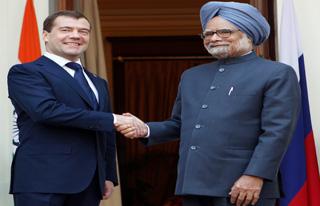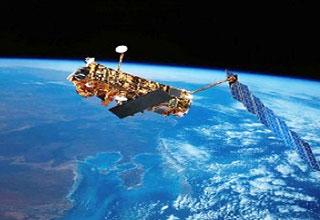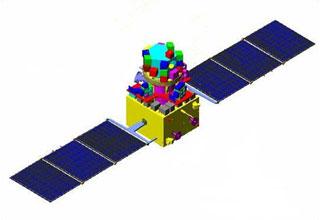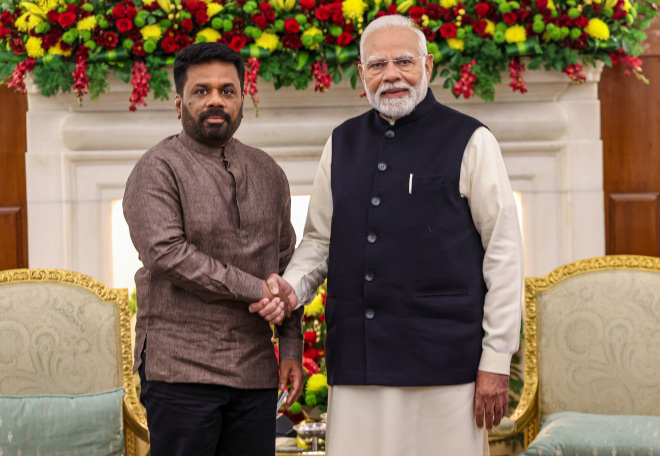
By Suman Chowdhury
Bilateral relations between India and the Russian Federation have always been one of the most important foreign policy priorities of both the countries.
This strategic relationship has served not only in the long term national interests of India and Russia but has also effectively contributed in the space arena including scientific research & developmental programmes.
Today, space and cyber space are the new frontiers of national security. Space is a major key sector of cooperation between India and Russia. Both the countries have been cooperating with each other in the field of space technologies for many years.
In the 1970s-80s, the erstwhile Soviet Union has launched first Indian satellites- Aryabhatta and Bhaskara from its Baikonur cosmodrome. The first Indian astronaut Rakesh Sharma has travelled to the Soviet Salyut-7 space station in 1984.
India’s space ambitions, since its inception in the early 1960s, have been mainly focused on practical applications. The country’s pioneering space agency, Indian Space Research Organisation (ISRO) has worked in favour of applications like communications and remote sensing that promised practical benefits to the Indian people.
But, for the last few years Indian space programme has taken a major leap. It has moved beyond its traditional missions to focus on new areas, like India’s first lunar mission (Chandrayaan-1), navigation, joint ventures in space science, and others.
Space and Technology is one of the major arenas where India and Russia share a long standing and successful cooperation. Both the countries actively participate together in many fields of exploration and peaceful uses of outer space. Currently it has many operational agreements in the fields of moon exploration, global navigation system, human space flight, spacecraft building for atmospheric studies, etc.
During President Vladimir Putin's visit to India in December 2004, two space related bilateral agreements were signed viz. Inter-Governmental umbrella Agreement on cooperation in the outer space for peaceful purposes and the Inter Space Agency Agreement on cooperation in the Russian satellite navigation system "GLONASS". Subsequently a number of follow up agreements on GLONASS have been signed.
India is a partner in this crucial project, and could be expected to launch some of the satellites for Glonass in the near future.
Russia currently has a total of 26 GLONASS series spacecraft in orbit, but three of them are not operational. Recently, three Glonass-M satellites crashed into the Pacific Ocean after the Proton-M rocket carrying them failed to reach orbit following their launch. Russia has also postponed the launch of its new-generation navigation satellite GLONASS-K until 2011. The satellite atop a Soyuz-2.1.b carrier rocket was to blast off from the Plesetsk Space Center in northern Russia on Dec 28.
Other than partnership in Glonass navigation systems, in November 2007, the two countries have signed an agreement on joint lunar exploration. The agreement was signed between India and Russia to cooperate on the development of Chandrayaan-2, a mission which features both an Orbiter and a Lander. These space cooperation programmes are currently under implementation.
In the field of human spaceflight programme, ISRO is planning to go ahead with its first manned mission slated for launch in 2017. This manned flight is considered as a calculated move by the country to boost its national prestige and sharpen its technological edge and scientific expertise for deep space missions including a possible lunar human landing by 2020.
India would be requiring about Rs. 12400 crore for the manned mission which ISRO plans to spend on the setting up of several ground facilities like launch pads, the mission control center, astronaut training center, all permanent assets on the ground including what goes into the orbit. The Indian Government is yet to give approval on ISRO’s proposal.
On December 2008, during the visit of Russian President Dmitry Medvedev to India, both the countries signed a memorandum of understanding on joint activities in the field of human spaceflight programme. According to the accord, an Indian cosmonaut will once again be part of a space mission on board a Russian spacecraft.
 Previous Article
Previous Article Next Article
Next Article













The Indian Air Force, in its flight trials evaluation report submitted before the Defence Ministry l..
view articleAn insight into the Medium Multi-Role Combat Aircraft competition...
view articleSky enthusiasts can now spot the International Space Station (ISS) commanded by Indian-American astr..
view article